Your Best
China 48V Lithium ion Battery Manufacturer & SupplierCall us today

 R&D Capability: KET has a R&D team of over 20 people with independent ID design, PCB design, structure design, battery pack design capability, etc.
R&D Capability: KET has a R&D team of over 20 people with independent ID design, PCB design, structure design, battery pack design capability, etc.
 Complete certification: Our battery pack products have passed FCC, CE, RoHS and other certifications; and for safe transportation, they are also tested by MSDS, UN38.3, etc.
Complete certification: Our battery pack products have passed FCC, CE, RoHS and other certifications; and for safe transportation, they are also tested by MSDS, UN38.3, etc.
 Extensive Products: In addition to 48v batteries, we also have 12v, 24v, 36v batteries, which are widely used in solar systems, forklifts, golf carts, trolling motor, ebike, etc.
Extensive Products: In addition to 48v batteries, we also have 12v, 24v, 36v batteries, which are widely used in solar systems, forklifts, golf carts, trolling motor, ebike, etc.
 Support Small Orders: KET is willing to support small orders so that our customers' new projects can be tested in the market quickly and cost-effectively.
Support Small Orders: KET is willing to support small orders so that our customers' new projects can be tested in the market quickly and cost-effectively.
 Fast Delivery Capability: Generally 3-5 days to send custom samples, 15-25 days to fulfill bulk orders.
Fast Delivery Capability: Generally 3-5 days to send custom samples, 15-25 days to fulfill bulk orders.

Tell us the parameters required for your project: e.g., voltage, size, capacity, operating current, etc.

Our engineers will provide a solution within 24 hours and send it to you for confirmation.

We will start making samples after the solution is confirmed, which can be completed within 3-5 days.

We have stable cooperation with DHL, UPL, FEDEX, your products will be shipped safely and quickly.
 UL
UL CB
CB MSDS
MSDS UN38.3
UN38.3 CE
CE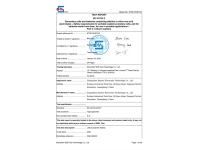 IEC-62133
IEC-62133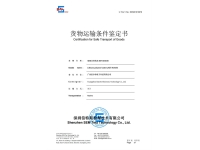 Certification for Safe Transport of Goods
Certification for Safe Transport of Goods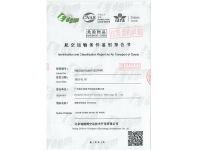 air transport
air transport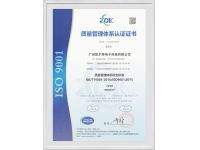 ISO 9001 2015
ISO 9001 2015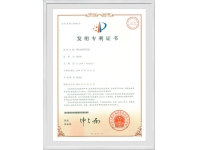 invention of Lithium battery testing equipment
invention of Lithium battery testing equipment Battery charge and discharge test system
Battery charge and discharge test system Rechargeable battery performance testing equipment
Rechargeable battery performance testing equipment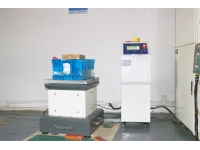 Vibration Testing Machine
Vibration Testing Machine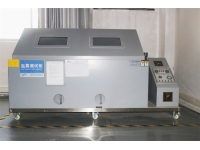 Salt spray test cabinet
Salt spray test cabinet Lithium battery automatic testing equipment
Lithium battery automatic testing equipment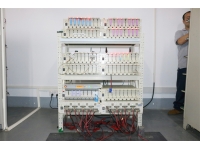 Discretionary cabinets
Discretionary cabinets Integrated Tester
Integrated Tester Battery Detector
Battery Detector Automatic Wire Stripping Machine
Automatic Wire Stripping Machine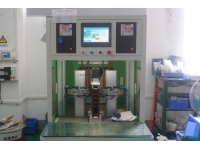 Automatic spot welding machine
Automatic spot welding machineReliable and efficient bulk supply of 48V deep cycle marine batteries.
Unleash the power of our 48V lithium battery technology for electric bikes.
Partner with us for OEM solutions of 48V lithium batteries for RV applications.
Create a customized 48V Li-ion battery pack tailored to your specific needs.